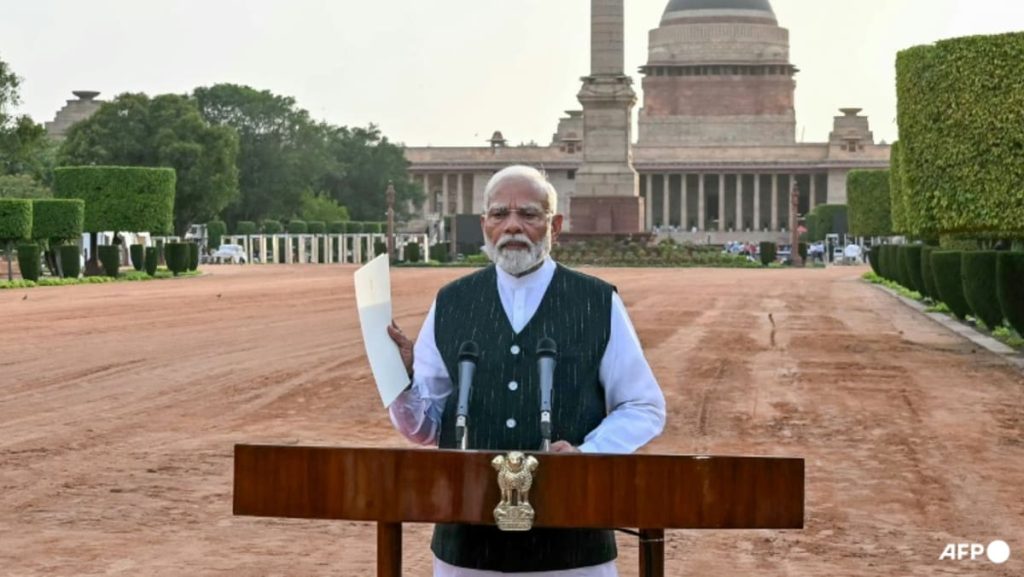Security was tight in New Delhi as regional leaders arrived for the swearing-in ceremony of India’s Prime Minister. Notable attendees included Bangladesh’s Sheikh Hasina and Sri Lanka’s Ranil Wickremesinghe, while China and Pakistan were notably absent. Indian Prime Minister Narendra Modi paid his respects at the national war memorial, ahead of his inauguration for a second term.
Despite predictions of a weak performance, Rahul Gandhi led the Congress party to nearly double its parliamentary numbers, marking their best electoral performance since Modi took office in 2014. Following a unanimous vote by the Congress leadership, Gandhi was nominated to be India’s official opposition leader. He comes from a long line of political leaders, as the son, grandson, and great-grandson of former Prime Ministers.
Gandhi is expected to be elected as India’s official opposition leader once parliament convenes, following the requirement that the opposition leader must come from a party with at least 10% of the seats in the lower house. The post had remained vacant for a decade due to two poor election results for the Congress party, which was once dominant in Indian politics.
The opposition’s choice of Gandhi as their leader signifies a return to prominence for the Congress party, which was struggling to regain political influence under Modi’s leadership. With a strong showing in the recent elections, Congress hopes to challenge Modi’s agenda and provide a check on his government’s policies.
Gandhi’s leadership will be crucial in holding the Modi administration accountable and presenting an alternative vision for India’s future. As the scion of a political dynasty, he carries with him a legacy of leadership that has shaped Indian politics for decades. His role as opposition leader will be instrumental in shaping the discourse and direction of the country’s political landscape.
As India prepares for a new term under Modi’s leadership, the presence of a strong opposition led by Gandhi will ensure a balance of power and foster healthy political debate and dialogue. The nomination of Gandhi as the official opposition leader is a significant development in Indian politics, marking a shift in the dynamics of power and setting the stage for a new chapter in the country’s democratic journey.


